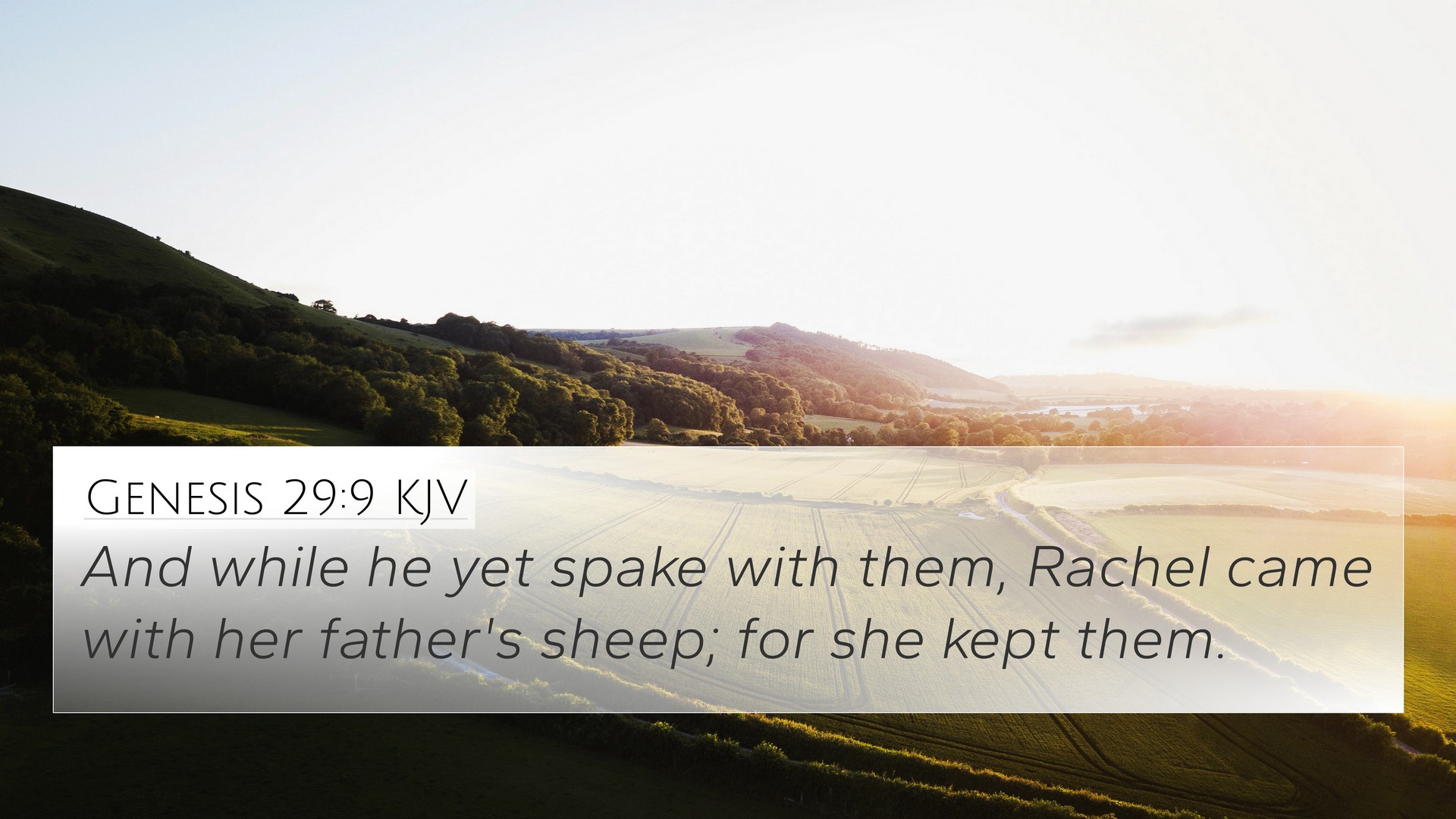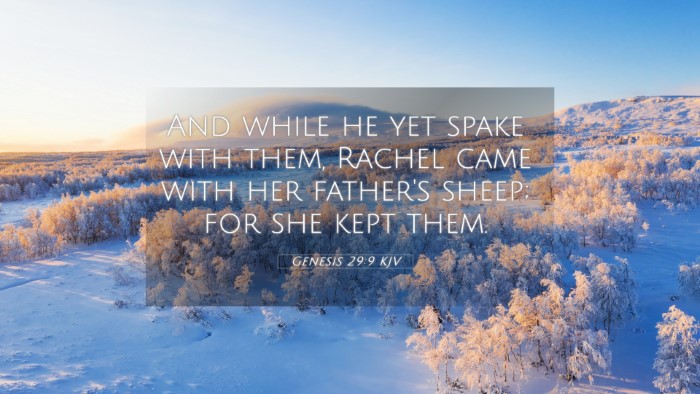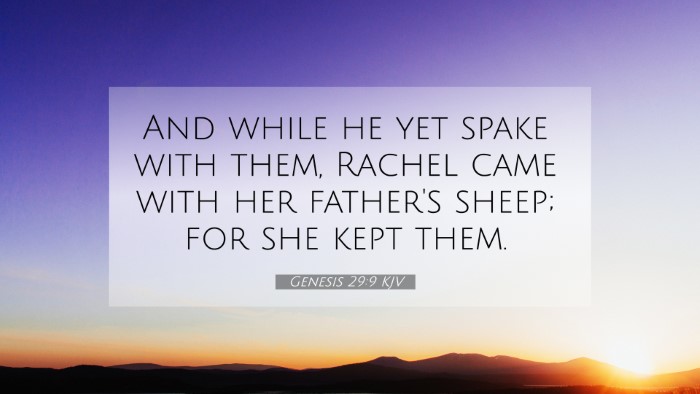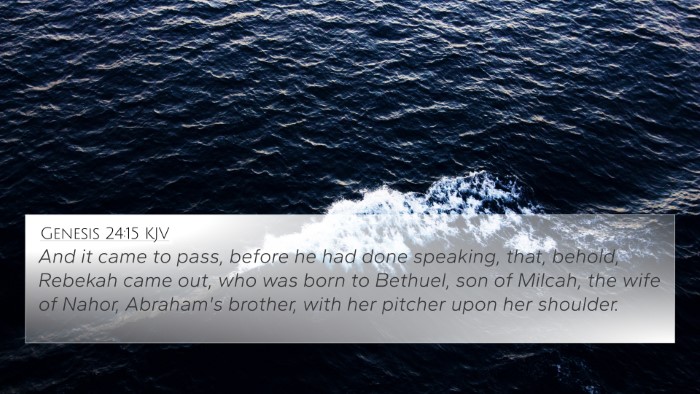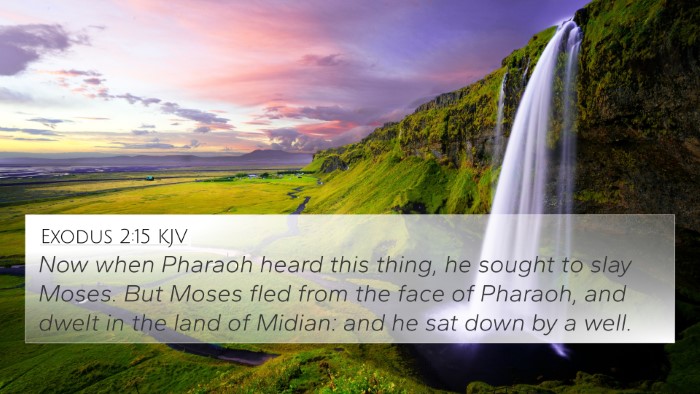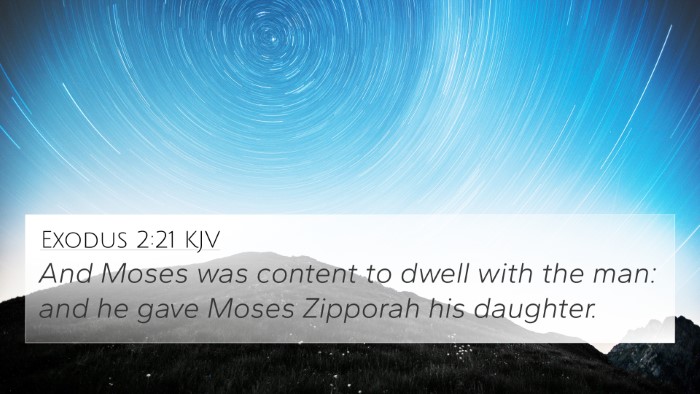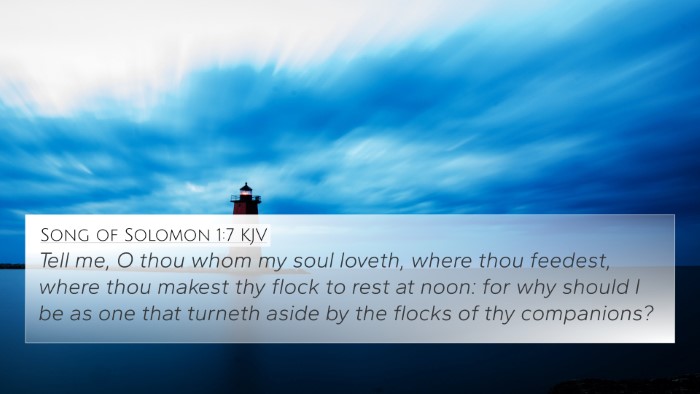Understanding Genesis 29:9
Genesis 29:9 states: “While he was still speaking with them, Rachel came with her father’s sheep; for she was a shepherdess.” This verse captures a pivotal moment in the story of Jacob, serving to highlight not only the providence of God but also the unfolding of His divine plan. The arrival of Rachel, described as a shepherdess, introduces significant themes of love, destiny, and family. This verse marks the beginning of Jacob's affection for Rachel and sets the stage for the events that follow in Genesis.
Verse Interpretation
Public domain commentaries offer various insights into the meaning of this verse:
- Matthew Henry: He emphasizes the importance of Rachel's arrival in Jacob's life. He notes that providential timing is at work, as Jacob had just spoken of his intentions and then sees Rachel approaching with her father’s sheep. This signifies God's hand guiding Jacob to meet his future wife.
- Albert Barnes: Barnes highlights the significance of Rachel being a shepherdess, suggesting that this occupation speaks to her character and attributes. He points out that shepherding not only involves caring for sheep but also embodies leadership, responsibility, and nurturing qualities, which are important for the role she would soon play in Jacob's life.
- Adam Clarke: Clarke provides contextual analysis, focusing on the cultural implications of women’s roles in shepherding during biblical times. He connects Rachel’s profession to the broader theme of women being active participants in society and not merely passive figures.
Thematic Connections
This verse also opens up various connections and themes throughout the Bible. The act of shepherding can be paralleled with biblical figures such as:
- David (1 Samuel 16:11-12), who was called from shepherding to kingship.
- Jesus as the Good Shepherd (John 10:11), illustrating the spiritual leadership echoed in Rachel's role.
- Moses, who tended Jethro's flocks (Exodus 3:1), reinforcing the significance of shepherding in biblical narratives.
Cross-References
Genesis 29:9 offers several cross-references that enhance our understanding of the text:
- Genesis 29:10: Rachel's interactions with Jacob immediately following this verse highlight their burgeoning relationship.
- Genesis 30:1: Rachel's jealousy and desire for children, a pivotal theme in her story.
- Genesis 34:27-31: The implications of Jacob's family interactions as they grow.
- Exodus 2:16-19: Zipporah, another woman associated with shepherding, further illustrates the role of women in caring for flocks.
- Psalm 23:1: The Lord is depicted as a shepherd, which has thematic parallels to Rachel’s protective role.
- John 10:14: Jesus describes Himself as the Good Shepherd, exemplifying the qualities found in shepherds such as Rachel.
- 1 Peter 5:2: New Testament calls to shepherding, connecting to the nurturing aspect exemplified in this verse.
Personal Reflection
Readers may find value in personal application through reflection on the traits of Rachel as a shepherdess. The qualities of leadership, care, and devotion are relevant in both personal and community contexts. Just as Jacob was drawn to these qualities, we too are called to recognize and appreciate the virtues in others around us.
Conclusion
Genesis 29:9 serves as more than just a historical account; it lays the foundation for understanding divine providence, familial relationships, and the value of character traits exhibited by biblical figures. By cross-referencing various themes and characters throughout Scripture, a comprehensive understanding and appreciation of this verse can enhance both personal faith and communal interpretation.
